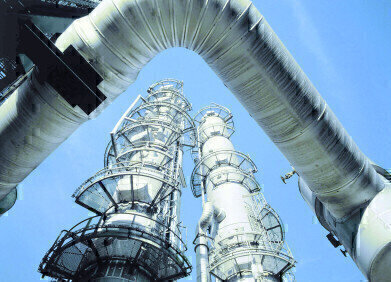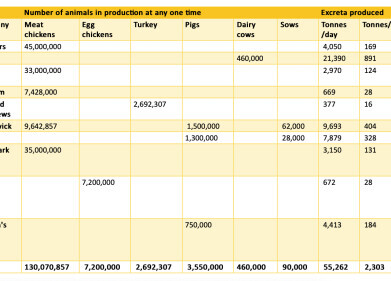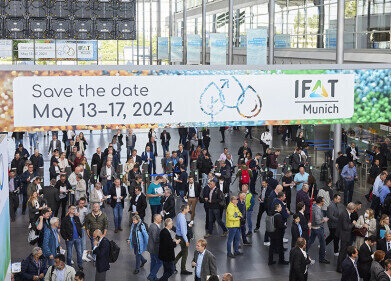Waste Management
The Rotary Kiln Pyrolysis Units Environmentally Friendly All-rounder
Nov 17 2012
The VTA (Germany), founded as an independent subsidiary of VEBA OEL AG in 1989, now 100% subsidiary of Deutsche BP AG, ranks among the experts in the field of pyrolysis. In this process for the thermal decomposition of waste materials such as chemical residues, CFRP fabrication leftovers, used tyres or finely shredded material, a large number of useful products can be produced or recovered in an environmentally friendly way.
Remnants, residues and waste materials are frequently sent to thermal utilisation or to landfills. An economical and above all ecological utilisation of these substances can contribute significantly to the conservation of resources and landfill space. Low-temperature carbonisation, in the absence of oxygen, in the rotary kiln is a technology that has been in commercial use since the 1930s. It has the potential to convert numerous feed materials into valuable substances in an environmentally friendly way. So, for example, soot, oil and gas can be obtained from used tyres, activated carbon, primary soot and energy can be gained from the treatment of biomass. Of course, a significant reduction in volume and noxious matter is achieved at the same time.
VTA already started using this technology in the late 1980s and has commercialised it in full-scale industrial plants in Germany and the USA. Needless to say the plants – as regards the sealing system, for example – meet the highest environmental protection standards.
What is known as the VTA-LTC Combi Process is characterised by its robust, continuously operating rotary kiln technology. At temperatures of 350 C to 1,000 C and in an oxygen-free atmosphere, a wide range of input materials can be processed. The core element of the VTA-LTC Combi Process is the indirectly heated rotary kiln reactor. From a thermal engineering point of view, it provides the possibility of adjusting the heating for any temperature profiles depending on the input materials by means of a special control system. The essential advantages are its high flexibility as regards the operating parameters, its outstanding conveying characteristics and its tolerance against varying input material characteristics.
The special features of the VTA rotary kiln reactor are: 100% sealing of the statically arranged heads, Low-wear, 100% sealing between the rotary kiln and the heating tunnel. Avoidance of deposits due to an internal maintenance-free cleaning device with friction bearings, Low energy input due to the optimisation of thermal control in the heating tunnel and Continuously operating mechanical cleaning system at the gas outlet.
Process description: The pre-treated input material (liquid, shredded, granulated etc.) is fed to the rotary kiln reactor fired indirectly with gas (natural gas or pyrolysis gas from the pyrolysis plant). Depending on the input material, the temperature profile over the length of the kiln has to be adjusted. At the opposite end, the solids produced are discharged from the rotary kiln. Part of the pyrolysis gas (after condensation of liquids) is recycled to the rotary kiln reactor counter current to the flow of the feed stream, in order to avoid possible caking deposits in the discharge area of the rotary kiln. The pyrolysis gases and vapours are extracted at the feed section of the rotary kiln reactor. As a result of this counter-flow mode of operation, the dust emission is reduced. The percentages of low-boiling components in the pyrolysis gases are increased. Depending on requirements, the pyrolysis gases and vapours are either fed directly to further processing or condensed, in order to enable the liquid products to be systematically treated. The excess pyrolysis gases can be used as heating gas for the process and/or used for external energy production. As a result, the VTA rotary kiln pyrolysis is available for large-scale industrial processing of a large range of residues and waste materials. With this, VTA shows more than clearly who is the professional in the field of pyrolysis technology.
Events
May 05 2024 Seville, Spain
May 13 2024 Munich, Germany
May 23 2024 Beijing, China
May 23 2024 Beijing, China
Jun 10 2024 Algiers, Algeria













